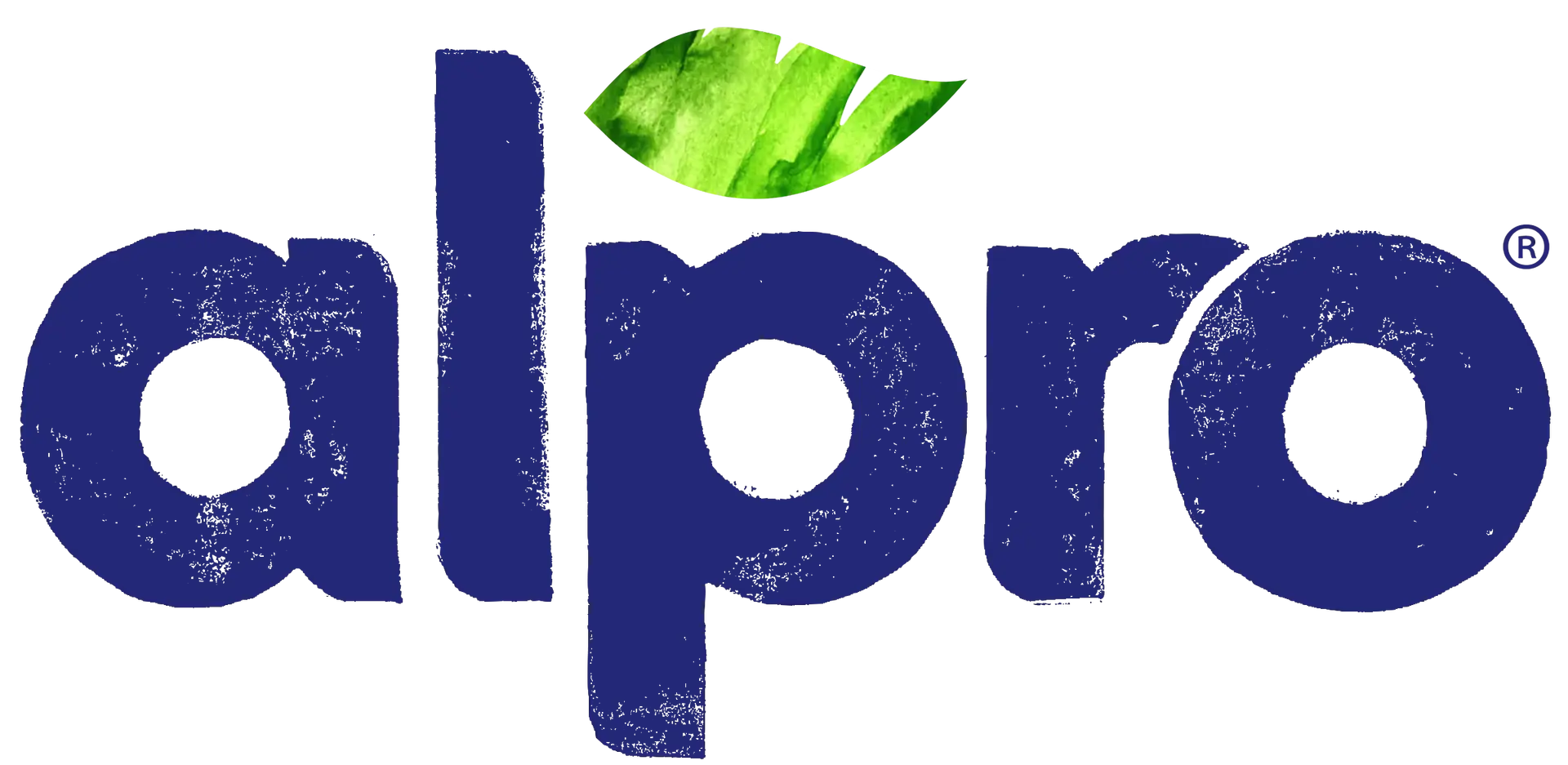FAQs
Want to find out more about your favourite Alpro product or about our yummy ingredients? Good for you! Search below to grow your Alpro knowledge!


Ingredients
Alpro’s mission is to add as little sugar as possible to any of our products. We believe in creating delicious foods and drinks from plant-based ingredients such as fruits, nuts and coconut that are sweet enough already. We offer a wide range of foods and drinks with varying amounts of sugars. There is something for everyone. From unsweetened products to products low in sugars, right through to gently sweetened indulgent ones. Unsweetened for Alpro means: no sugars, no sweeteners. If a recipe cries out for a little extra sweetness, because the base ingredient has little or none of its own, it is kept as low as possible, while still giving the desired taste. We always aim for a significant lower sugars content than comparable products on the market.
Meet these natural born sweeties:
White beet sugar – grown in Europe to keep food miles down.
Cane sugar – from the Caribbean.
Glucose-fructose syrup – derived from beet sugar or maize.
Sweetener – derived only from the stevia plant. We will never, ever use artificial sweeteners.
No. We source our beans directly from farms where soya beans have been grown for many years, mainly France and subject to usual crop rotations. None of these farms are on land that has been reclaimed or deforested. In the past where we did source our beans from Brazil, they were also not from rainforest or deforested areas and were in line with a strict code of conduct set out in the Basel criteria, which ensures beans are cultivated with respect for the environment, people and responsible use of raw materials and agricultural products. We only buy from farmers that we have direct contact with and never on the open market to ensure a full traceability system from the harvesting of the bean through to the final finished product.
We know almonds can be thirsty . So when we found out in Spain and Italy they are mostly watered by rain, we decided to source them only from these countries.
We’re also working with a few farmers to protect biodiversity: using plants, ponds and hedges between their trees to invite wildlife back onto the land. We can’t wait to see who turns up!
Oh, and let’s not forget about the bees. After all, they help feed the world, be(e)ing the most important pollinator of food crops. We are collaborating with our suppliers and external experts to identify and promote pollinator-friendly products and production systems and apply this to all our almonds by 2025.
Let's take our soya for instance. All our soya beans come from farmers we trust to do things in a way that cares for the planet and for people – that includes you.
Here are a few reasons why we’re so fond of our soya:
Not one of our beans comes from the Amazon or any other rainforest
All our soya is non-GMO
100% of our organic beans and the majority of our conventional beans are grown in Europe (mostly France)
The rest we get from Canada. To lighten our carbon footprint we ship them across the Atlantic by boat. No planes + fewer miles = less CO2!
We also work with farmers to promote good farming practices – like including soya beans in their crop rotation to keep nitrogen in the soil, so that less fertilizer is needed. Plus, all our beans can be tracked from seed to serve. Our system is audited and certified according to the ProTerra standard by the independent organization, Food Chain ID and we know where every bean has been. So enjoy the soya!
CAN'T FINDWHAT YOU'RELOOKING FOR?
Our customer care are here to help. Contact us using the form and we'll respond within 48 hours.

